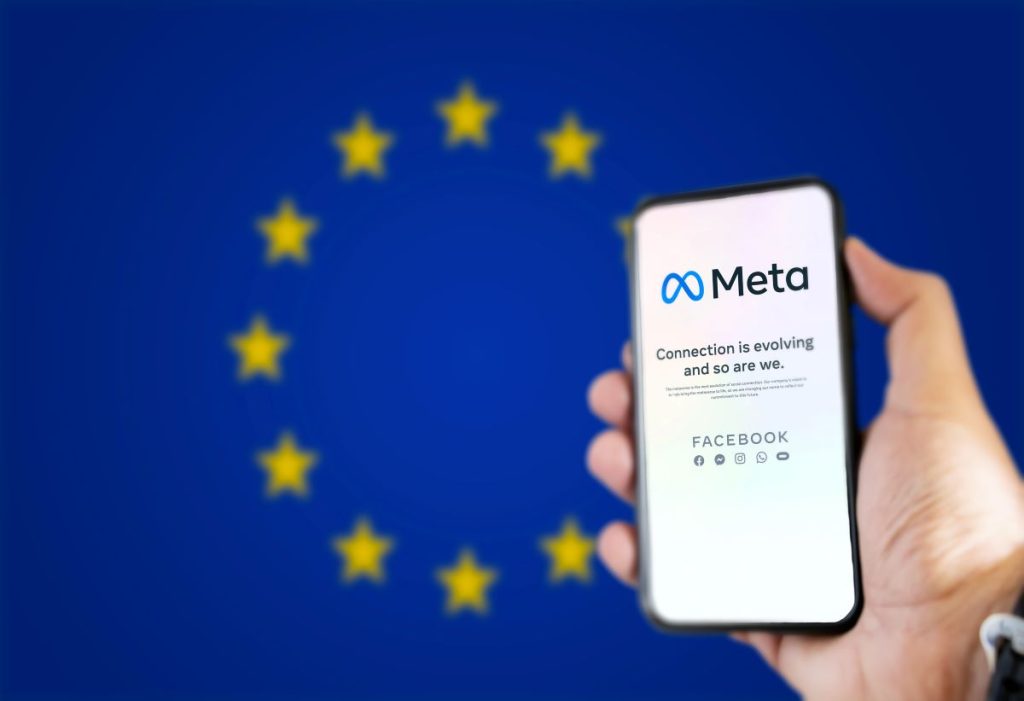
Four years after the EU disinformation policy’s launch in 2021, today, concerns over a shift in commitments of Big Tech grew as online platforms removed fact-checking and data protection, with Meta taking the lead, and other potentially following.
Disinformation in the EU campaign highlight accountability and transparency in light of the digital world’s tensions. The throat-cut tension between social media companies and EU big tech law regulators was recently spearheaded by Meta’s recent “pay-or-consent” model that pressures users into personalized advertising and consumer rights breaches.
Exiting Fact-Checking
Earlier this week, the “Big Tech Backslide: How Social-Media Rollbacks Endanger Democracy Ahead of the 2024 Elections” report by Free Press was released, exposing how YouTube and Microsoft, among the tech giants, are cutting back on fact-checking programs’ commitments, with Meta leading the alliance against misinformation.
Missed to the naked eye, the tech giant’s moves created a worrisome threat to the reliability of information on platforms and the EU action plan against disinformation is working towards to not head down that road.
Google said it was stopping the fact-checking program for YouTube and Google Ads, saying it was implementing “reasonable, proportionate and effective measures to mitigate systematic disinformation risks on [its] services.”
In parallel, Microsoft also pulled out, saying fact-checking isn’t applicable for its platforms, especially its search engine Bing, and business social platform, LinkedIn.
On Tuesday, EU disinformation regulation policymakers, with EU Tech Commissioner Henna Virkkunen expressed her concerns on the need for strong commitments from these giants following Meta’s drifting from reliable fact-checking toward a community notes model, similar to Musk’s X.
The recent abandonment of third-party fact-checking will be a test for EU tech laws, which Meta’s CEO Mark Zuckerberg has criticized as censorship.
User Rights Under Analysis
Clearly, the EU fact-checking policies are not drawing inspiration from the US, or American tech companies for that matter. But this shift, as constructive as it appears, will prove to be challenging for European tech regulators.
EU lawmakers hope that the landscape will continue to evolve and “better” itself, but until then, Meta, among other tech following in X and its lead, will remain as a target for its “pay-or-consent” data-tracking model.
The European Consumer Organisation has forced the EU big tech regulation to delve into the EU disinformation policy, which it said may breach laws on both data protection and competition. The calls for a critical investigation into the legality of Meta’s practices highlight severe consumer protection needs in the digital age of the EU disinformation law.
In that manner of EU disinformation policy, the commitment and interaction from EU big tech and other tech companies with regulatory bodies while trying to hold on with these problems which will make all the difference for future fact-checking protocols and consumer rights in the European digital landscape.
For later commitments or issues that are bigger that are approaching from these platforms, an unbiassed transparent social online landscape remains a distant dream rather than a tangible reality.
Inside Telecom provides you with an extensive list of content covering all aspects of the tech industry. Keep an eye on our Tech sections to stay informed and up-to-date with our daily articles.